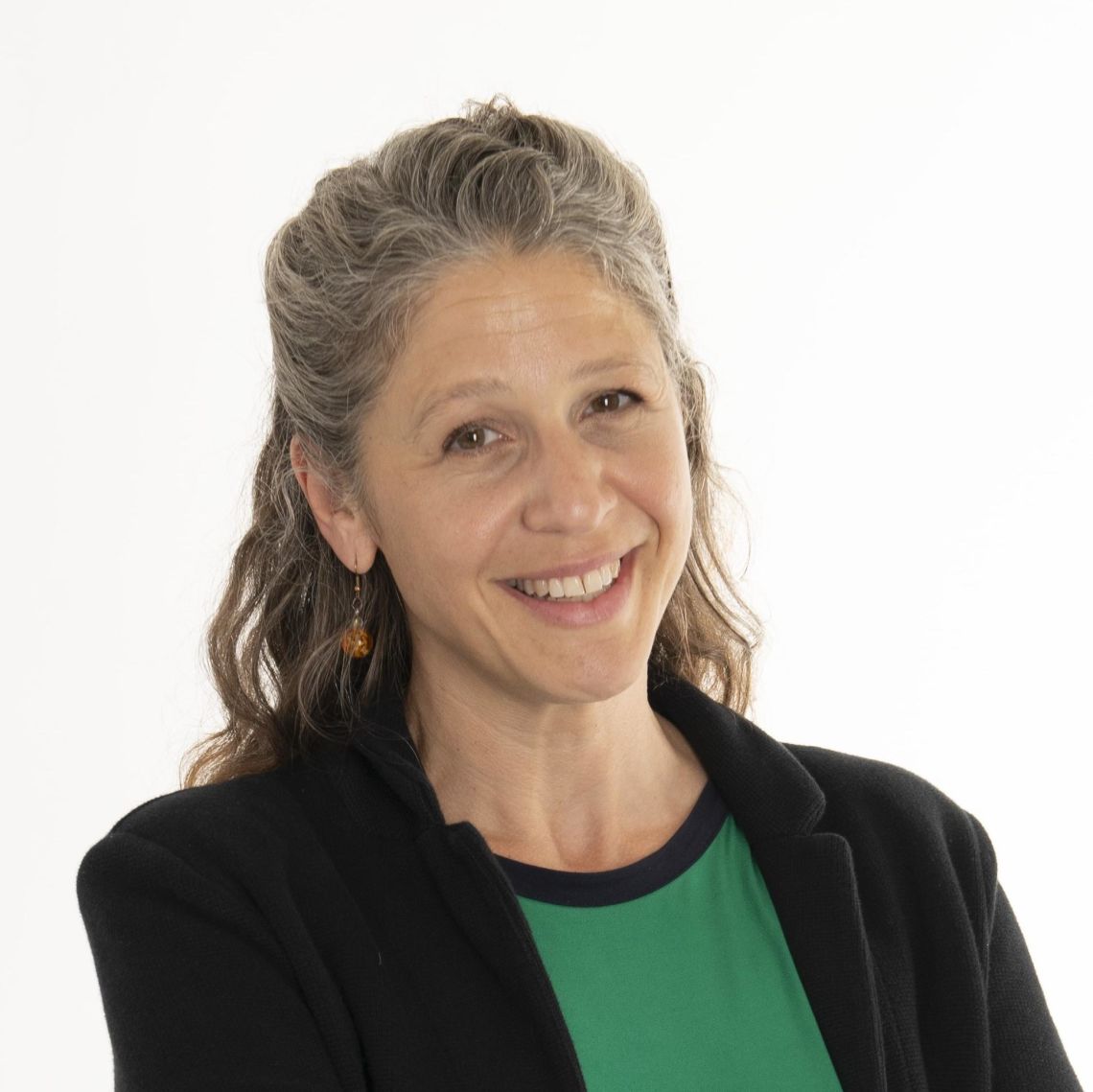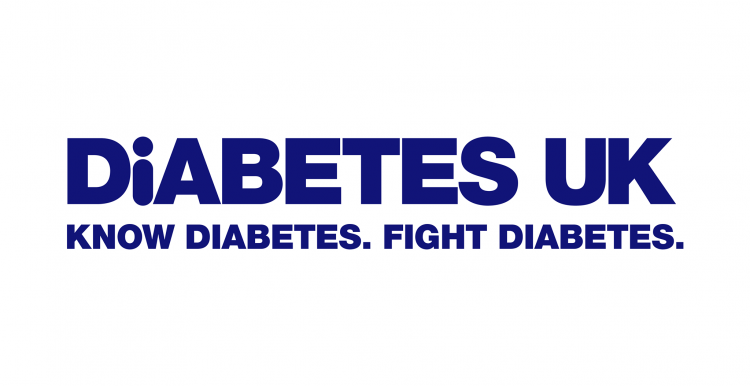
Contact information
Research groups


Rachel Besser
Consultant Paediatric endocrinologist and Researcher
About me
I work as a consultant paediatrician at Oxford Children’s Hospital and I am the Subtheme Lead for the Oxford NIHR Biomedical Research Centre (BRC) 4, “Translating experimental medicine into state-of-the art care”.
I work in translational research, which means research which directly effects the care of children, young people, and adults with diabetes. My passion is type 1 diabetes (T1D), an autoimmune disease which results in lack of insulin. I was inspired to work in diabetes when I was diagnosed with T1D aged 9. My drive comes from wanting to improve the lives of individuals with T1D, and that ranges from preventing T1D to improving ways of living with the condition.
A big focus of my work is in identifying children early before they need treatment for T1D, to help prepare for a smoother transition, or a ‘softer landing’, to insulin therapy. I lead the T1Early Programme, and this is what the programme is all about (see below). As therapies become available to delay T1D, it will be important to know who the at-risk children and adults are, who could benefit from these.
As part of the screening effort, I am working with colleagues as part of a huge European initiative called EDENT1FI, co-leading WP3 on how to follow up children with T1D, in a way that is informative, but also practical.
We are grateful to have recently been awarded a grant form Diabetes UK to set up a national registry of children and adults with diabetes antibodies.
UK-Islet autoantIbody reGistry
Establishing an Islet Autoantibody Positive Registry for children and adults in the UK: the UK-Islet Antibody registry
Funder: Diabetes UK
Lead: Dr Rachel Besser
Launched: May 2024
Summary
Background
The presence of two or more islet autoantibodies (IAb) identifies individuals with pre-clinical type 1 diabetes (T1D) which can predate clinical diabetes by many years. Several UK research platforms screen for IAb, and longitudinal studies (e.g. TEDDY/TrialNet) suggest ~40% loss to follow-up, leaving individuals unsupported and at risk of diabetic ketoacidosis. Increasingly individuals are screened in clinical care, but there is no consensus on the support needs or follow up outside a research study.
We aim to create a UK registry of IAb-positive children, young people, and adults (CYPA), to:
1. Retain contact with IAb positive individuals.
2. Offer participation in trials testing prevention, support, and new treatments.
3. Understand the lived experience of being IAb positive, and determine individuals’ information and support needs.
4. Collect UK data on progression to clinical disease and resource use.
Objectives:
- Co-produce recommendations for healthcare professionals.
- Co-produce a position statement with members of the public/Diabetes UK on the support needed by people with positive IAb.
- Undertake data linkage with routinely collected clinical datasets to describe resource use.
- Validate existing tools for risk progression developed from international registries.
Impact: This research will improve the support available for individuals with preT1D and facilitate rapid recruitment into T1D prevention trials.
T1 Early programme
We are undertaking research to understand feasibility, acceptability, cost effectiveness and implementation of screening for T1D in the NHS.
Background
Around 3000 children are diagnosed with T1D every year in England and Wales and require lifelong insulin injections. In most cases the early symptoms go unrecognised, and children are very unwell at diagnosis, often needing hospital admission. Thirty-eight percent of children are already in a life-threatening condition called diabetic ketoacidosis (DKA), where the level of a chemical called ketones rises which can be dangerous. DKA needs to be treated in hospital and needs careful management. The rate of DKA is increasing, despite public awareness campaigns. The shock of severe illness is distressing to children and their families and may also have longer term effects on the child’s developing brain, health and well-being.
It is now possible to identify children before they develop symptoms through a finger prick blood test. This picks up markers in the blood, called ‘antibodies’, months of years before symptoms appear. It is also possible to identify children at risk of developing T1D, by testing for genes associated with this condition.
Research from around the world suggests that testing healthy children (‘screening’) for antibodies can prevent emergency admissions and DKA. However, we do not know the best approach, in terms of the age to screen, whether genetics should be included, whether screening is acceptable to the general population, how to follow up children / adults who are identified as at risk in routine clinical care, or whether this is cost effective in the NHS.
Our work aims to find out the answers, through a number of different research studies.
T1Early Feasibility study
Establishing the feasibility of antibody screening in primary care at the time of the pre-school vaccination, to identify children with early-onset type 1 diabetes
Funder: NIHR Oxford BRC
Chief Investigator: Dr Rachel Besser
Launched: September 2022
Summary
We are currently recruiting children between the age of 3.5-4years initially in two GP practices, in the Thames Valley, before further rollout, to test for early markers of T1D. This involves a finger prick blood test to measure for diabetes antibodies.
NIHR Programme Development grant
Screening for pre-clinical type 1 diabetes to prevent hospital admission and acute illness at diagnosis: determining the evidence for benefit, acceptability and elements relevant to cost evaluation
Funder: National Institute for Health Research (NIHR)
Lead: Dr Rachel Besser, Co-lead: Professor Colin Dayan
Launched: October 2022
URL: https://fundingawards.nihr.ac.uk/award/NIHR203948
Summary
We will review the evidence for different methods of screening and the benefits and harms of diagnosing T1D early. We will explore the acceptability of screening with a group of parents, children and young people, and specifically we will interview parents for the T1Ealry feasibility study. Finally, we will explore what the costs and potential savings of screening might be for the NHS. We will use this information in a future Programme Grant to select the best approach for screening for the NHS.
Follow up in children and young people identified as at risk of future type 1 diabetes
Redesigning the pathway to diagnosis in childhood type 1 diabetes
Funder: NovoNordisk Research Foundation UK
DPhil student: Dr Rabbi Swaby
Supervisors: Dr Rachel Besser, Professor Colin Dayan, Professor John Todd
Launched: September 2022
URL: https://www.novonordiskfoundation.org.uk/fellowship/research-fellowships-in-clinical-diabetes.html

Key Publications
Besser REJ, Bell KJ, Couper JJ, Ziegler AG, Wherrett DK, Knip M, Speake C, Casteels K, Driscoll KA, Jacobsen L, Craig ME, Haller MJ. ISPAD clinical practice consensus guidelines 2022: Stages of type 1 diabetes in children and adolescents. Pediatr Diabetes. 2022 Sep 30. doi: 10.1111/pedi.13410. PMID: 36177823.
Houben J, Janssens M, Winkler C, Besser REJ, Dzygalo K, Fehn A, Hommel A, Lange K, Elding Larsson H, Lundgren M, Roloff F, Snape M, Szypowska A, Weiss A, Zapardiel-Gonzalo J, Ziegler AG, Casteels K; GPPAD study group. The emotional well-being of parents with children at genetic risk for type 1 diabetes before and during participation in the POInT-study. Pediatr Diabetes. 2022 Nov 2. doi: 10.1111/pedi.13448. PMID: 36323590.
Sims EK, Besser REJ, Dayan C, Geno Rasmussen C, Greenbaum C, Griffin KJ, Hagopian W, Knip M, Long AE, Martin F, Mathieu C, Rewers M, Steck AK, Wentworth JM, Rich SS, Kordonouri O, Ziegler AG, Herold KC; NIDDK Type 1 Diabetes TrialNet Study Group. Screening for Type 1 Diabetes in the General Population: A Status Report and Perspective. Diabetes. 2022 Apr 1;71(4):610-623. doi: 10.2337/dbi20-0054. PMID: 35316839; PMCID: PMC9114719.
Carr ALJ, Inshaw JRJ, Flaxman CS, Leete P, Wyatt RC, Russell LA, Palmer M, Prasolov D, Worthington T, Hull B, Wicker LS, Dunger DB, Oram RA, Morgan NG, Todd JA, Richardson SJ, Besser REJ. Circulating C-Peptide Levels in Living Children and Young People and Pancreatic β-Cell Loss in Pancreas Donors Across Type 1 Diabetes Disease Duration. Diabetes. 2022 Jul 1;71(7):1591-1596. doi: 10.2337/db22-0097. PMID: 35499624; PMCID: PMC9233242.
Besser REJ, Ng SM, Gregory JW, Dayan CM, Randell T, Barrett T. General population screening for childhood type 1 diabetes: is it time for a UK strategy? Arch Dis Child. 2022 Sep;107(9):790-795. doi: 10.1136/archdischild-2021-321864. Epub 2021 Nov 5. PMID: 34740879.
Besser REJ, Ng SM, Robertson EJ. Screening children for type 1 diabetes. BMJ. 2021 Dec 29;375:e067937. doi: 10.1136/bmj-2021-067937. PMID: 34965925.

